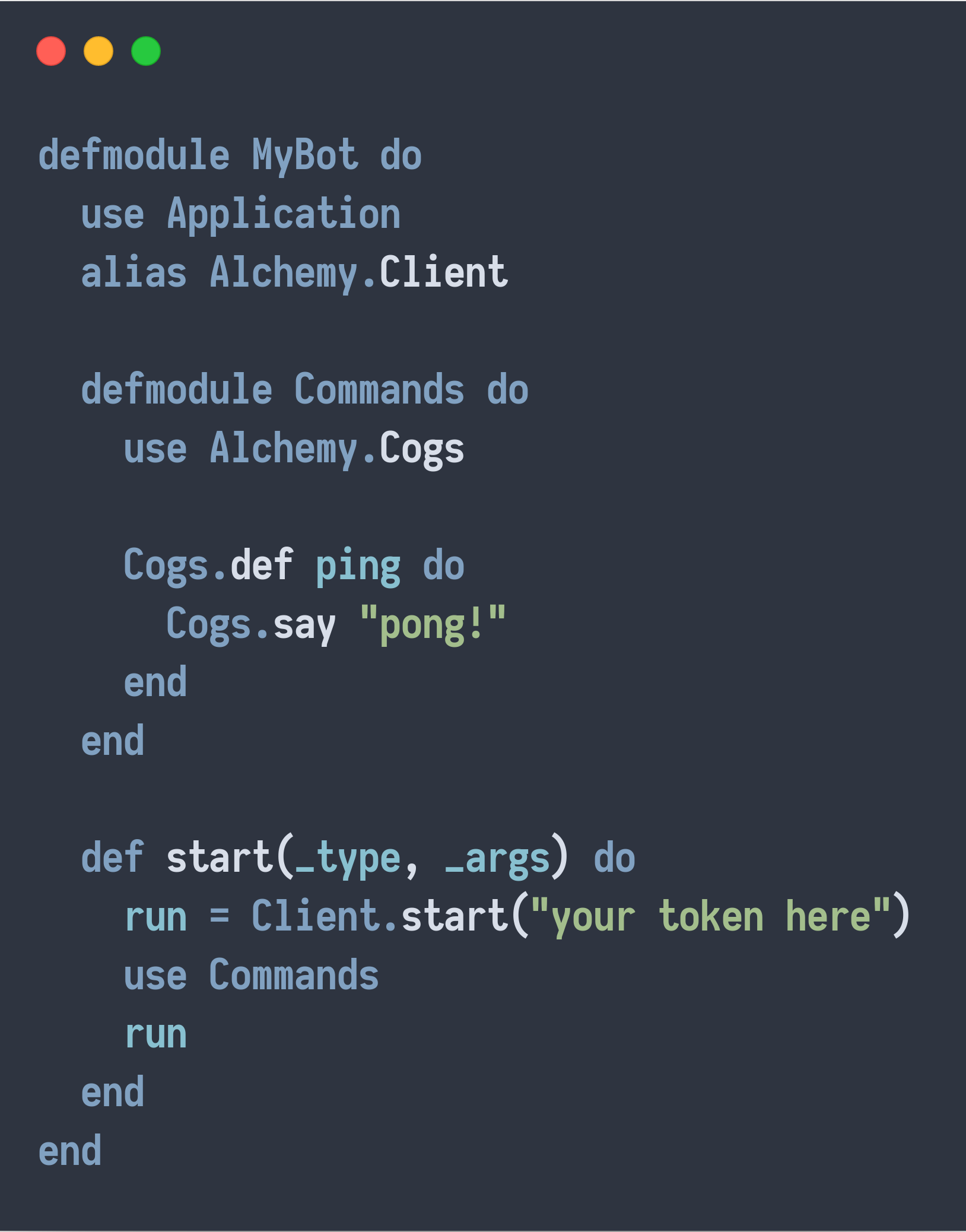- Rust
- Programming Languages
- Rust
- SQLite
- Typescript
- Data Structures
- Go
- REST APIs
- Backend
- Haskell
- Networking
- Go
- Concurrency
- Networking
- Rust
- Compression
- Rust
- Networking
- Rust
- OpenGL
- Haskell
- FFmpeg
- Rest APIs
- Haskell
- SDL
- Elm
- Javascript
- Webtorrent
- Haskell
- SDL
- Rust
- Elixir
- Concurrency
- Rest APIs
- Websocket APIs

Poline
Tiny Language with Green Threading
Poline is a little programming language I wrote to learn about implementing Green Threading. The language doesn't feature much more than string litterals, and mechanisms for spawning threads and communicating between them.
Green Threads allow many logical threads in a program to execute on a limited number of actual OS threads. They can be preempted off if they invoke a blocking operation.
Ginkou
Japanese Sentence Bank
Ginkou is a program to build up a corpus of searchable sentences. Ginkou can consume Japanese sentences from the command line, or from a text file, parse those sentences into words, and then index those sentences for easy retrieval. Given a word, Ginkou can look up sentences containing that word, even if it's in a different form, such as a conjugated verb.
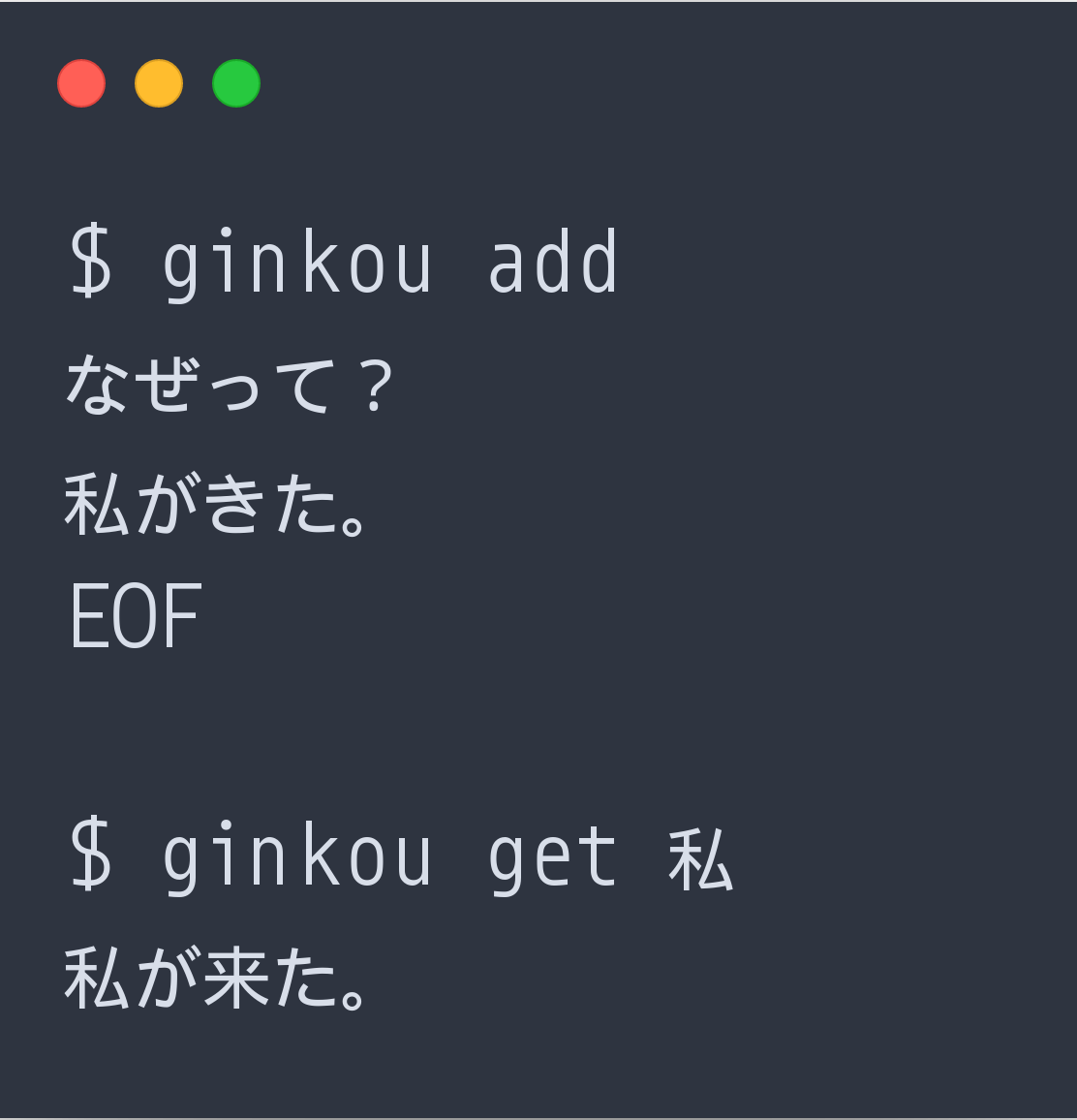
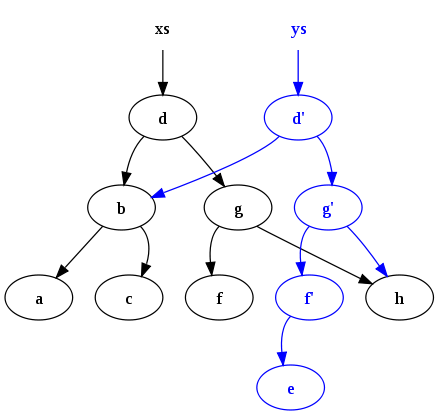
Persistent-ts
Persistent Data Structures
This is a library providing a handful of persistent data structures for Typescript. This includes immutable collections like linked-lists, and clojure-style vectors. Persistent data structures are immutable, but can efficiently share data between instances, and are thus more efficient than a normal copy-on-write collection when working without mutation.
Serve-csv
REST API from CSV Files
This is a program that can take a folder of CSV files and serve them as a REST API. The program also uses a JSON file for each file, to specify how each column maps to a JSON field. The program is written in Go to make use of the built-in HTTP server.

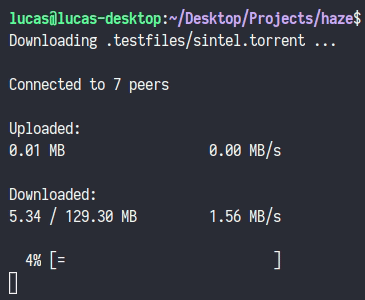
Haze
Bittorrent Client
Haze is a complete bittorrent client, capable of downloading any kind of torrent found in the wild. Bittorrent is a peer-to-peer protocol, where a client joins a large swarm of peers in order to download a file of common interest. Haskell was used in order to help manage the concurrency involved in communicating with a large number of peers.
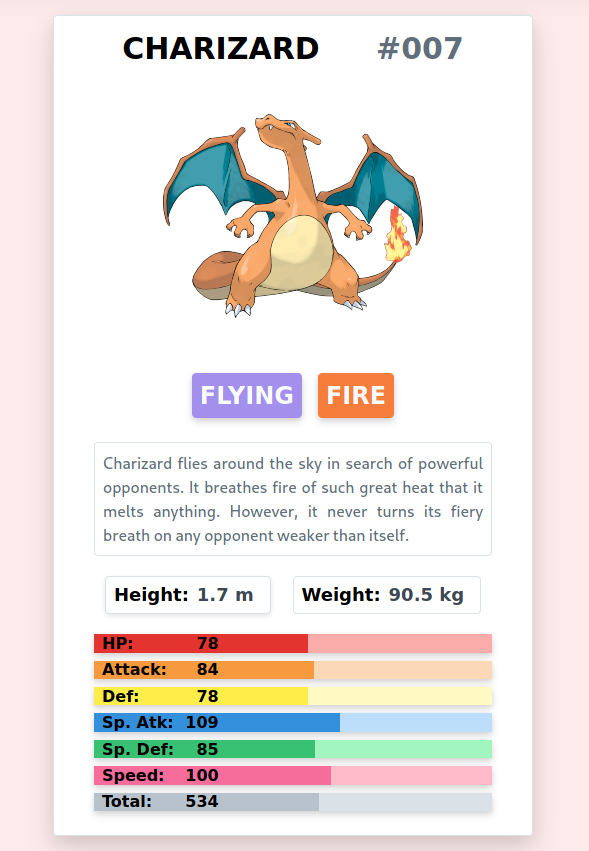

Ripple
Decentralised Chat Protocol
Ripple is a program implementing a small decentralised chat protocol, written in Go. The protocol involves participating nodes ferrying messages to eachother in a ring like fashion. New nodes can join the chat by talking to any of the existing nodes in the swarm. Go is used for simple networking and concurrency, as well as to provide both a command line, and a graphical terminal interface. Read More
Huffman-rs
File Compressor
This is a CLI program using Huffman Coding to compress files. The program is written in Rust for efficiency.


Bittrickle
UDP Bittorrent Tracker
Bittrickle is an implementation of Bittorrent's UDP tracker protocol. A tracker keeps track of peers participating in a bittorrent swarms, sharing files. Peers communicate with the tracker in order to learn about each other. This implementation uses Rust because of its built-in UDP networking.
Cauchy
Complex Function Plotter
Cauchy is a program to generate plots of complex functions, written in Rust Cauchy is hardware-accelerated, using OpenGL to generate the plots using the GPU.

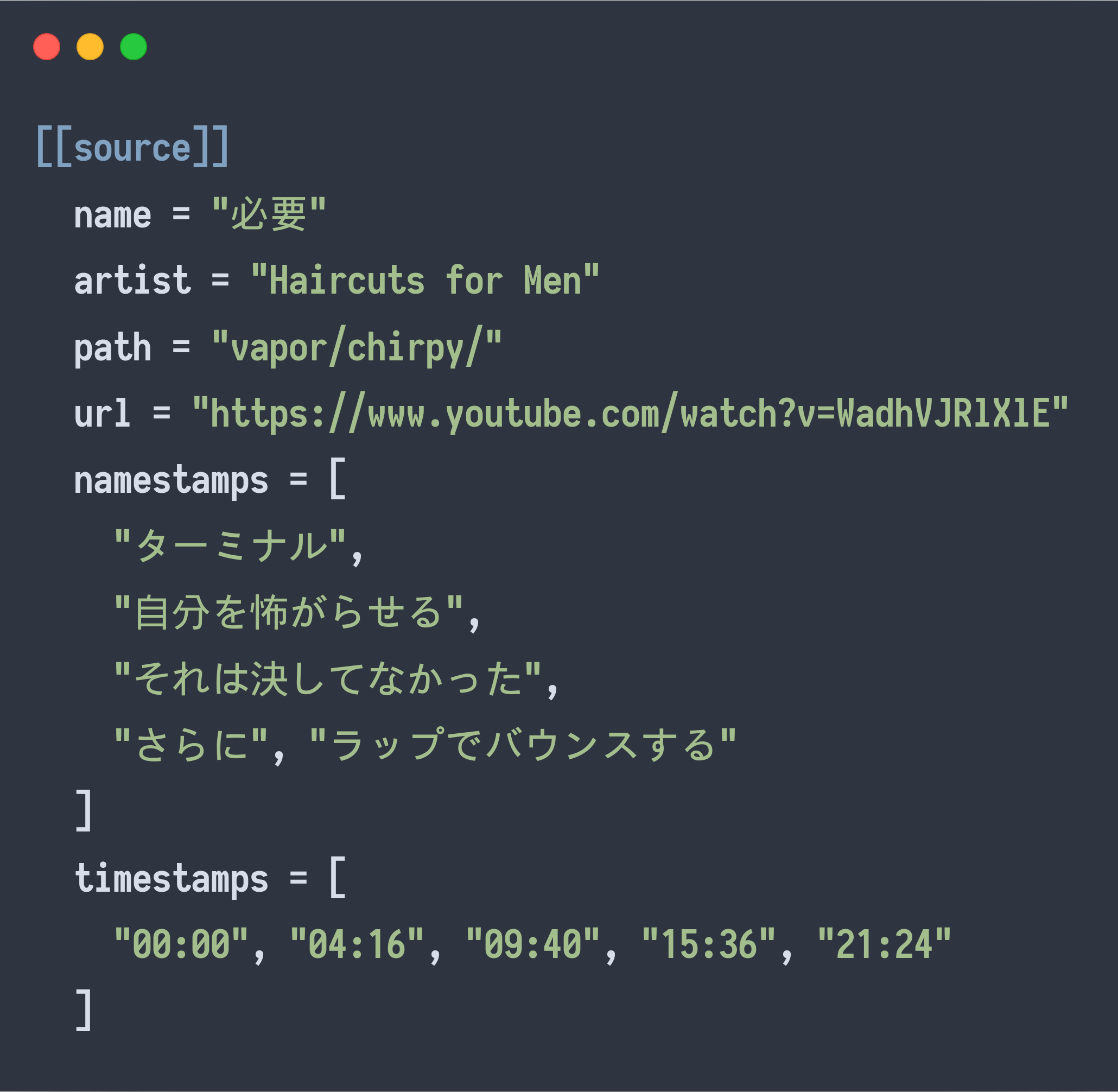
Populate
Music Library Cloner
This is a CLI program that can recreate a music library on a new machine by downloading the files from various sources across the web. The program parses a file with a hierarchical description of the library to replicate , and reproduces that structure by consuming the sources described. The program can also split up larger albums (via FFmpeg) into individual songs if necessary.
Darby
Song Shuffler
This is a CLI program to take a folder of songs and play them in a random order. SDL's audio subsystem is used to play audio files. This program was built to accompany populate, which generates folders filled with songs, ready for consumption by this program.
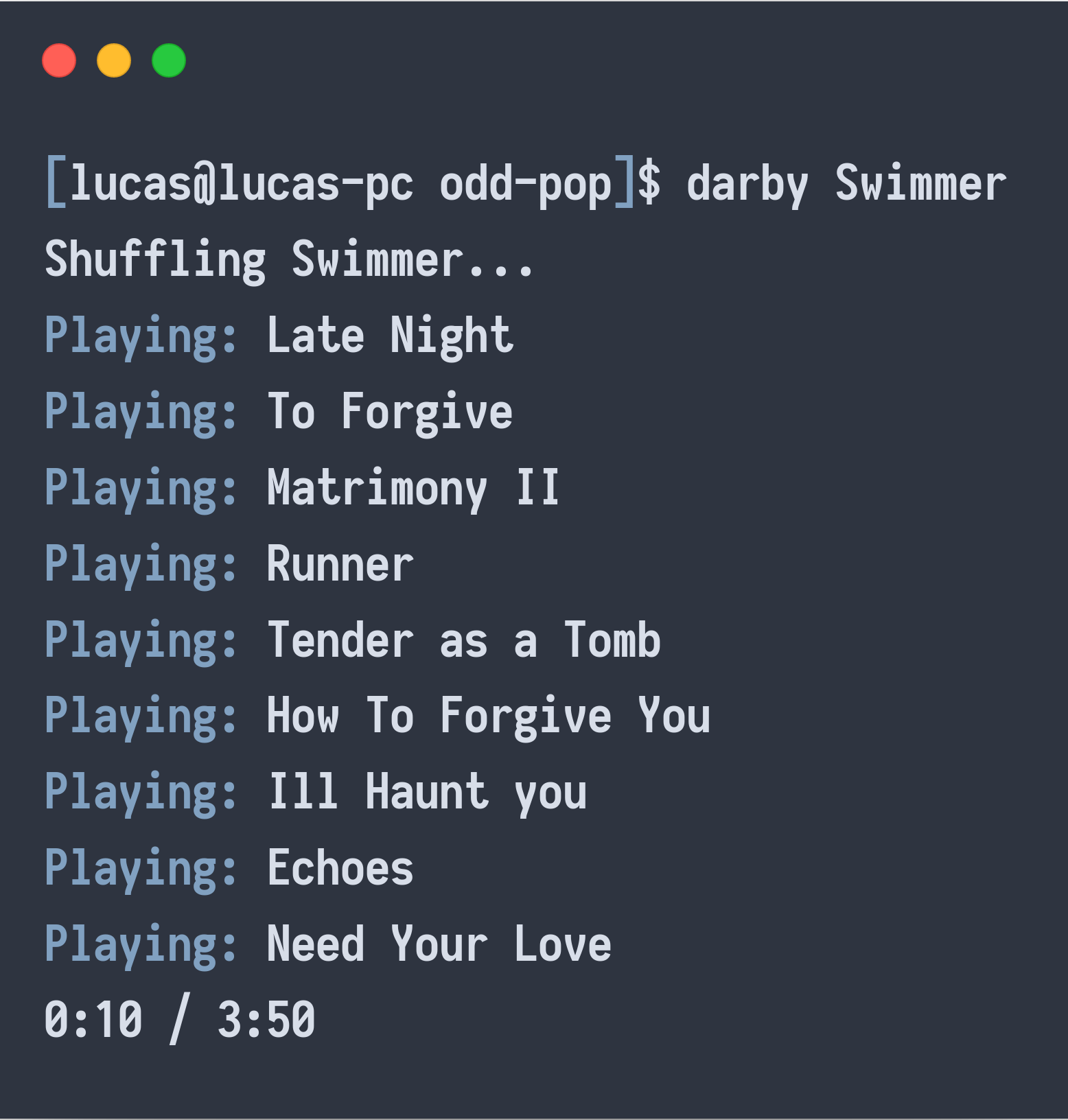
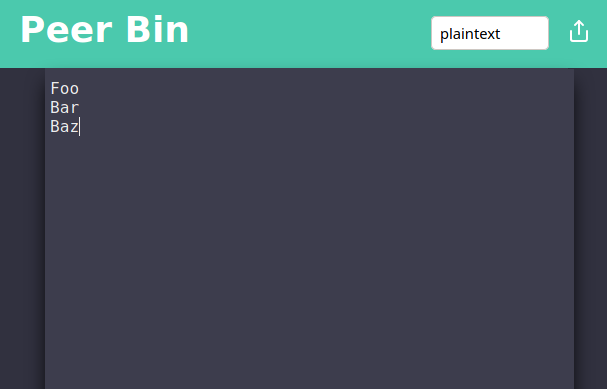
Peerbin
Peer to Peer Code Sharing
Live. This project provides a version of websites like pastebin, or hastebin, except without a central server to store the files; instead users send the files to eachother via webtorrent. Elm is used for the main UI components, and Javascript to glue this code with the webtorrent part.
Hax
Bullet Hell Game
Hax is a bullet hell game, in the same vein as others like Touhou or Ikaruga. The game is written in Haskell, using SDL for handling the drawing logic. The game logic benefits greatly from the use of an entity component system for handling the many entities in the game. Apecs was used to provide the scaffolding for this ECS.
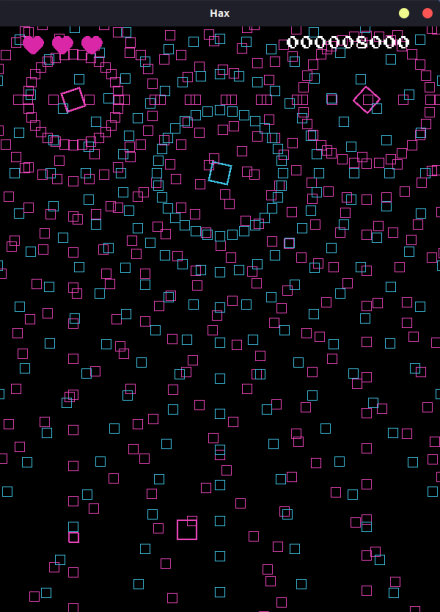
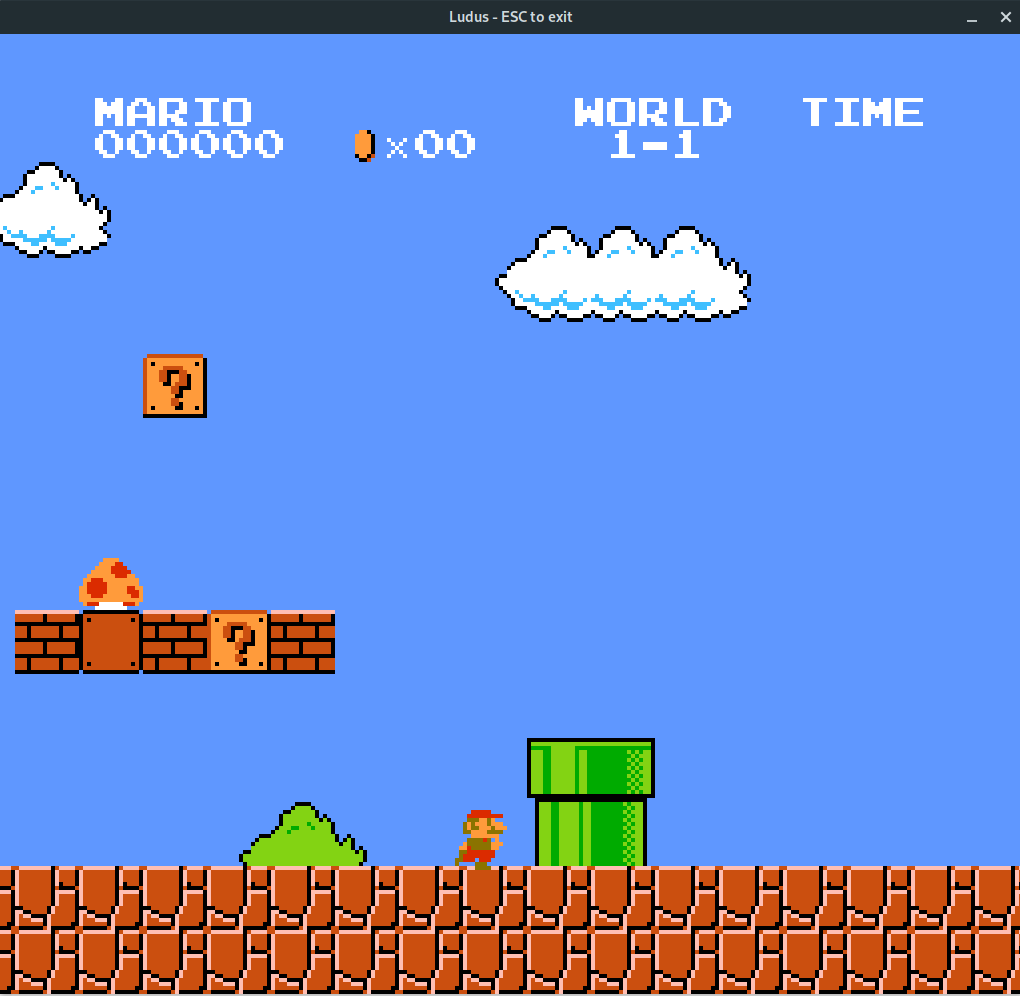
Ludus
NES Emulator
Ludus is an emulator for the NES console, written in Rust. The emulator fully emulates, the core CPU, as well as the PPU and APU, and thus full video and audio. The emulator also supports a handful of mappers / cartridge types, and thus many common games such as Mario or Zelda.
Alchemy
A Discord Library for Elixir
Alchemy is a library over the API for the chat application Discord. The library integrates over Discord's REST and Websocket APIs in order to help developers write applications for their chat servers. Elixir was used in order to have easy access to the concurrency involved in juggling these various resources.
